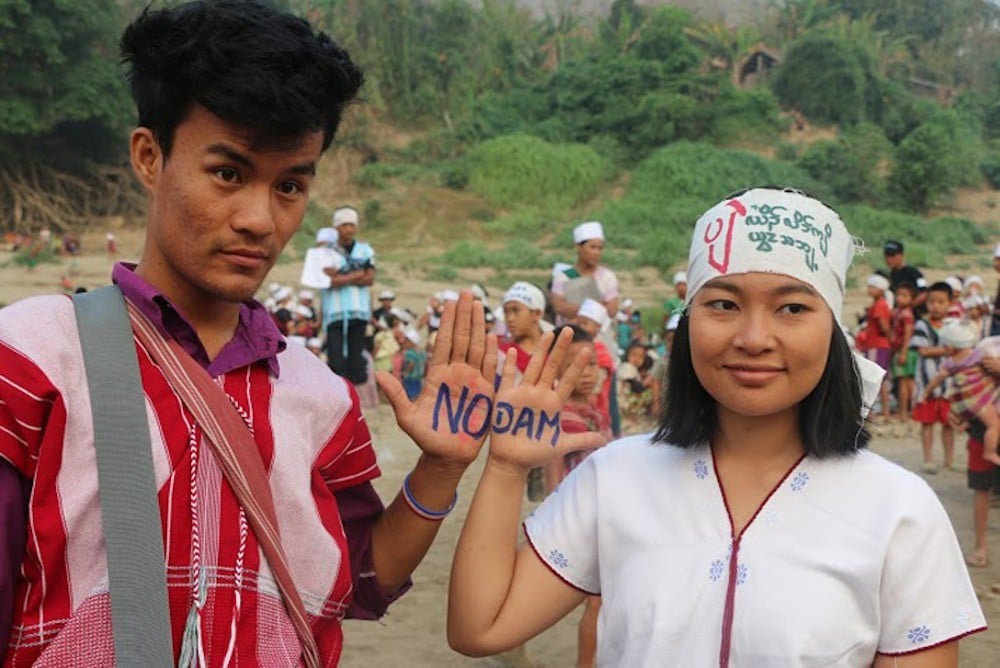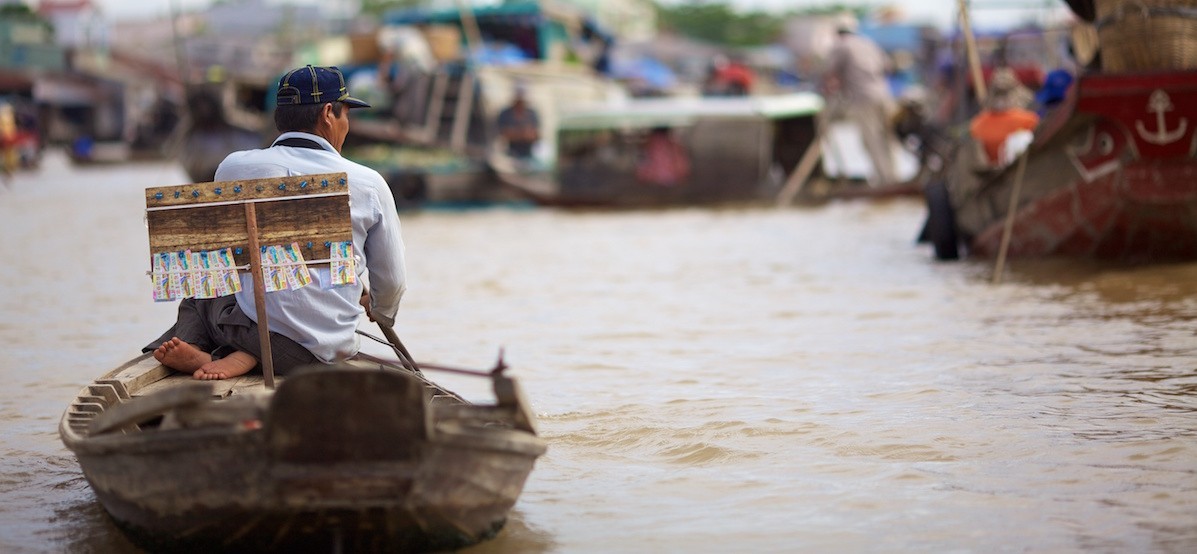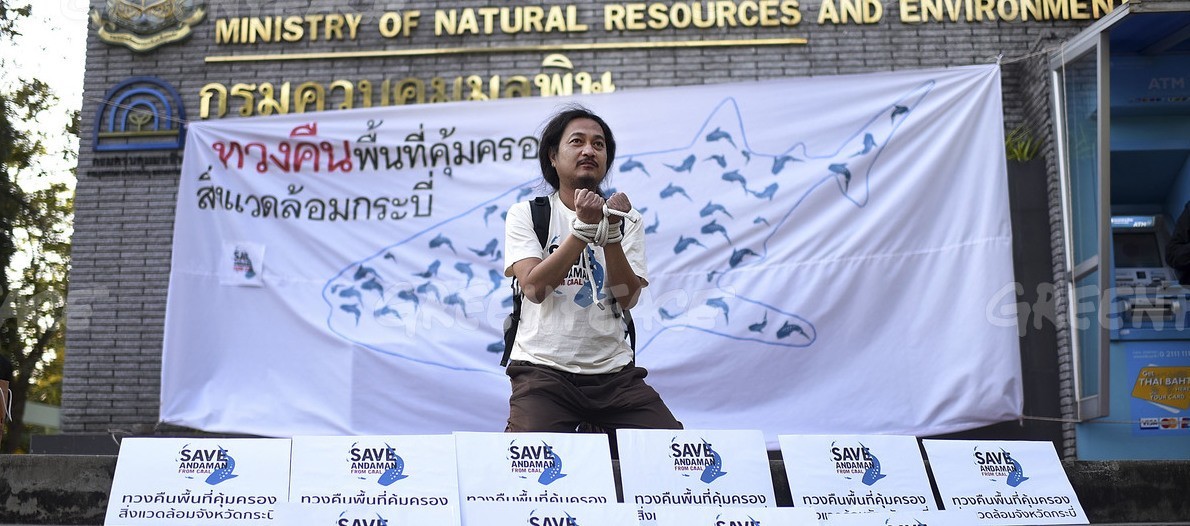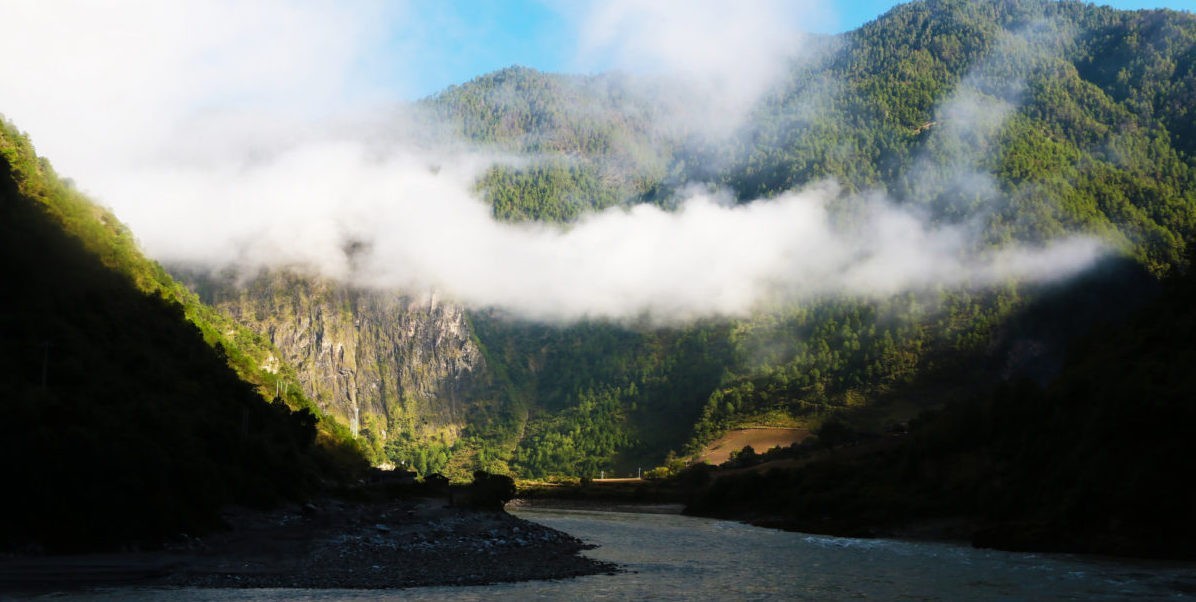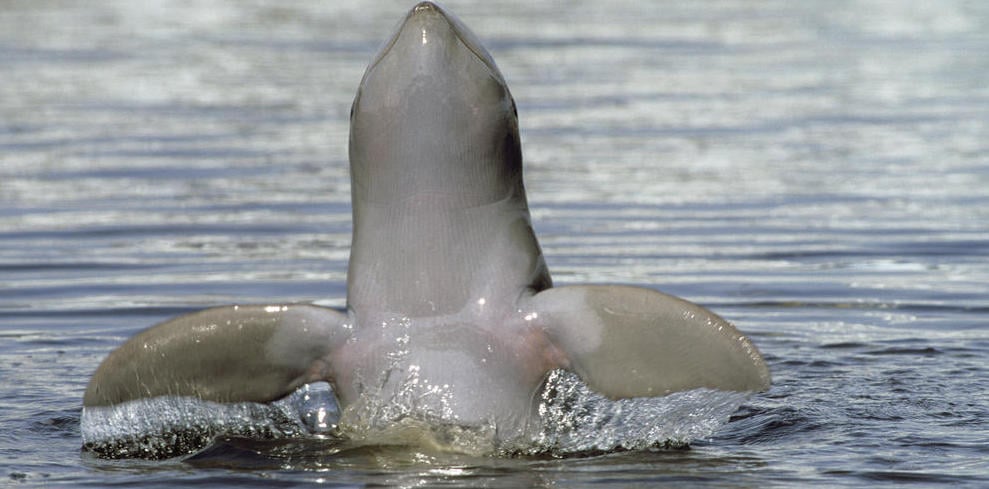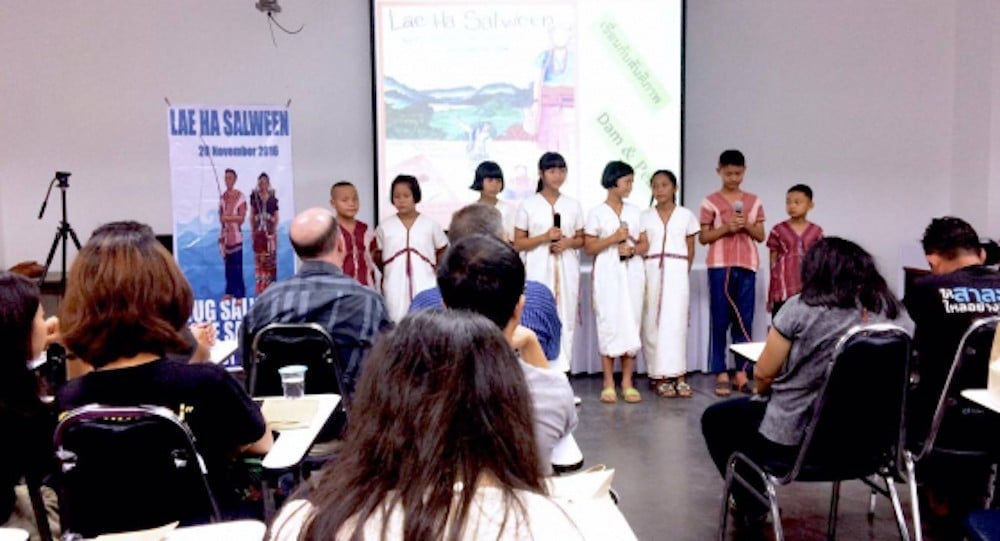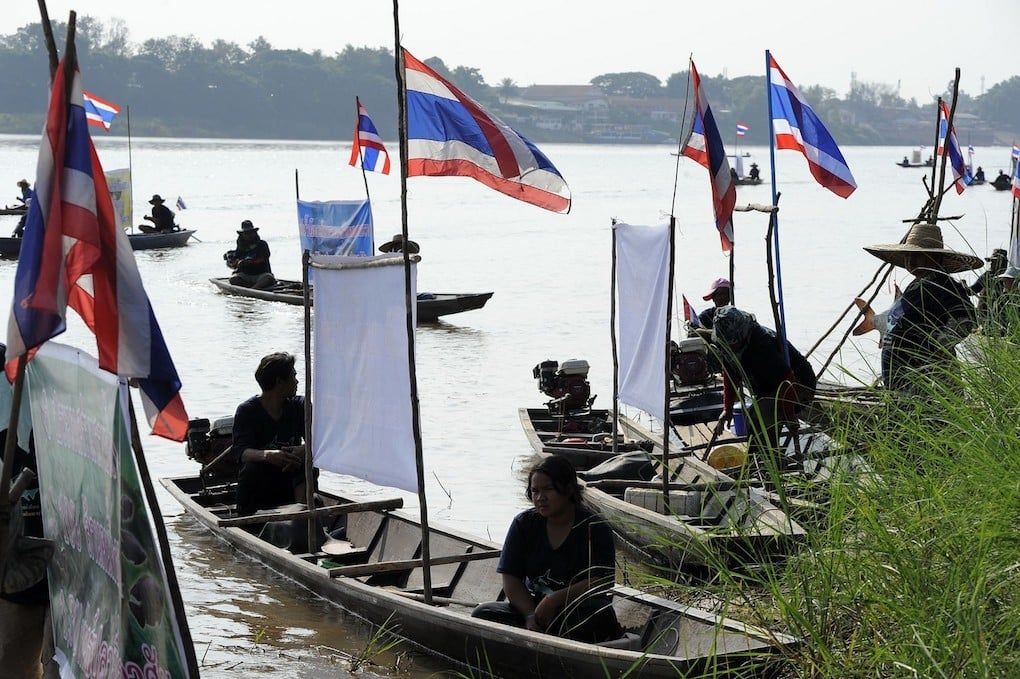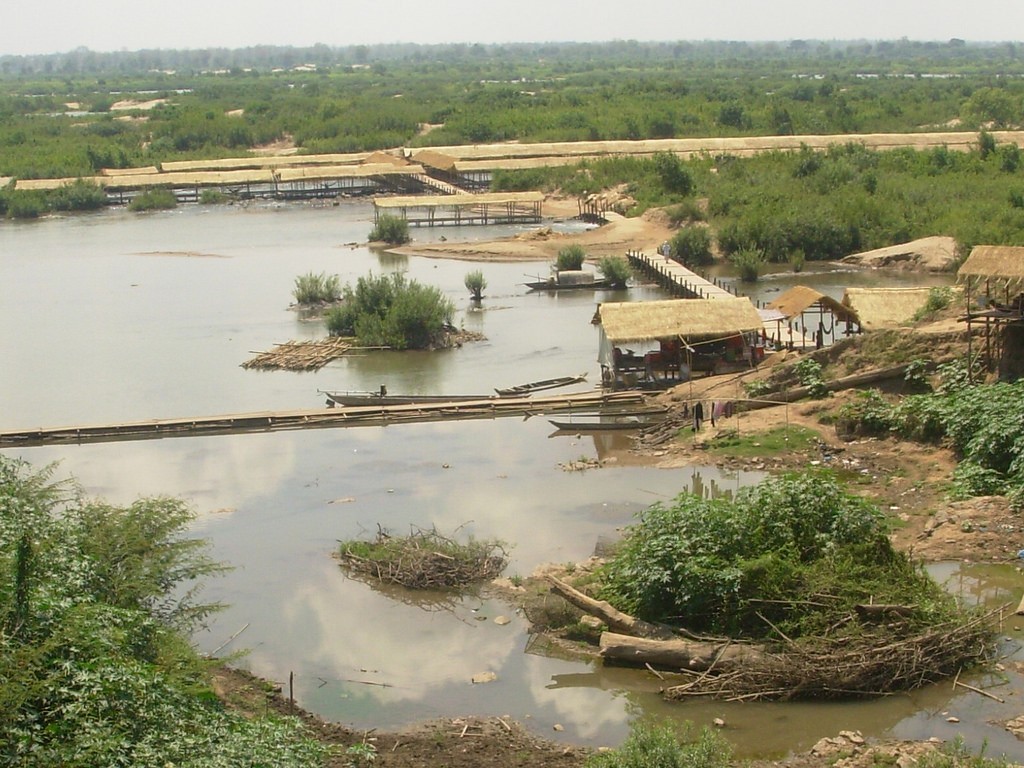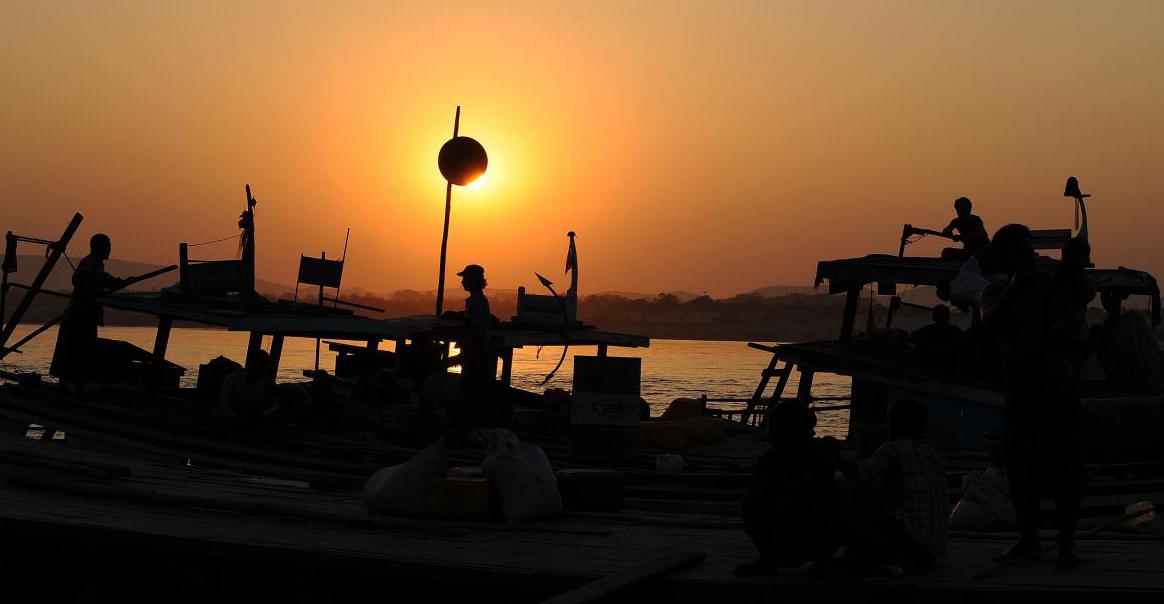Myanmar Rivers Network has called for the suspension of construction on mega dam projects, a special economic zone and extraction of value-added mineral resources until a federal agreement is signed.
At a press conference at the Orchid Hotel on December 7, the network released a statement saying that the respective governments and companies must give full compensations to villagers who had been moved by force because of previous dam construction projects.


